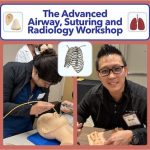3-Day Advanced and Difficult Airway, Suturing, & Radiology Workshop
Dallas, Texas
July 23-25, 2026
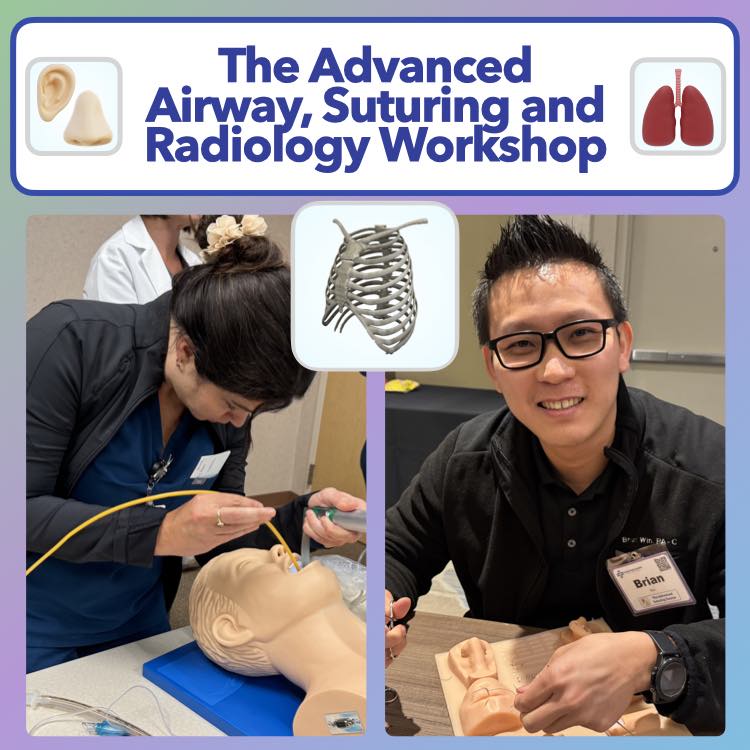
✅ 45 CME/CE Credits
✅ Hands-On Training with Expert Instructors
✅ Airway management, Intubation, Advanced Suturing and Radiology Interpretation
✅ Custom suture simulator, online access and Resources
1033 Young Street, Dallas, TX 75202
Hands-on Training, CME Accredited
Small program sizes emphasize individual attention and personalized skill improvement.
An Instructor-led live CME workshop designed for NP’s, PA’s and Physicians to build confidence and proficiency in fundamental clinical skills and procedures.
✅ 45 CME/CE Credits
✅ Hands-On Training with Expert Instructors
✅ Airway management, intubation, Advanced Suturing and Radiology Interpretation
✅ Custom suture simulator, online access and Resources
✅ 45 CME/CE Credits
✅ Hands-On Training with Expert Instructors
✅ Airway management, intubation, Advanced Suturing and Radiology Interpretation
✅ Custom Suture Simulator, Online access and Resources
In stock
$2,595.00 Original price was: $2,595.00.$2,076.00Current price is: $2,076.00.
1033 Young Street, Dallas, TX 75202

Hands-on Training, CME Accredited
Small program sizes emphasize individual attention and personalized skill improvement.
An Instructor-led live CME workshop designed for NP’s, PA’s and Physicians to build confidence and proficiency in fundamental clinical skills and procedures.
Workshop Highlights
🩺
Build confidence in airway, suturing, and radiology skills
🏥
Practice with lifelike simulators

Earn AAPA or AAFP approved CME/CE

Network with healthcare peers
Procedures Covered
✔️ Airway Assessment and Equipment
✔️ LMA, adjunct, and endotracheal airway placement
✔️ Difficult airway equipment and management
✔️ Surgical airway application and technique
✔️ Suturing and Wound Management
✔️ Advanced Suturing Techniques
✔️ Radiology ordering and interpretation
✔️ Chest, abdomen, spine, and extremities
✔️ What to send home, and what needs immediate care
✔️ & More
Click here to see the three-day AGENDA
Day 1 Morning
8:00 am


Airway Anatomy and Assessment
- How to assess an airway
- Identification of landmarks
- Predicting a difficult airway
- Special scenarios
- Airway classification and grading

Indications for Airway Management
- Clinical conditions
- Respiratory status
- Anatomy
- Predictors of airway need
- Common approaches


Non-Invasive and Invasive Airway Interventions
- Escalation of intervention
- Sequential oxygenation
- BIPAP
- CPAP
- Endotracheal Intubation
- Airway Adjuncts (LMA, OPA)
- Types of Invasive Management
- Equipment options
- Selection of the correct device
- Tube selection and Insertion Preparation


Airway and Pharmacology Options
- Types of airway devices
- Airway equipment
- Laryngoscopes
- Fiberoptic and Video Scopes
- Intubating LMA
- Discussion of pharmacology options
- Comparison of sedative hypnotics and anxiolytics
- Paralytic selection and safe use
- Optimal dosing and other uses


Induction, Intubation, and Confirmation
- Procedure organization and setup
- Stepwise airway protocols
- Anatomy
- Endotracheal Intubation
- Tube Confirmation
- Confirmatory tests
- Defining an intact airway
- How to manage a failed airway
- Hands-On Procedure Practice


Difficult Airway Equipment and Management
- Difficult airway algorithm and management
- Fiberoptic laryngoscopy
- Laryngeal mask airway
- Video laryngoscope
- Application of the difficult airway algorithm
- Decision making for crash, routine, difficult, and failed scenarios
- Surgical airway indications and procedure
Day 1 Afternoon
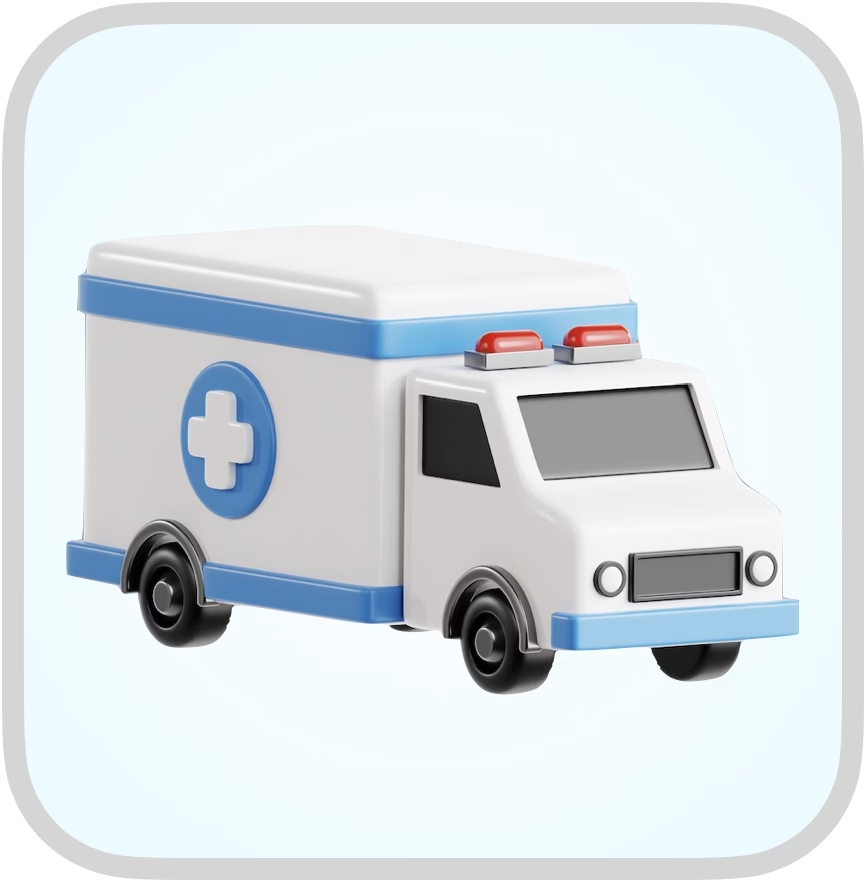
Individual Patient Scenarios and Wrap-Up
- Simulated patient scenarios
- Intubation with video laryngoscopy
- Hands-On airway procedure lab
- Individual review with instructor
- Certification Examination
- Workshop ends no later than 3pm
Day 2 Morning
8:00 am

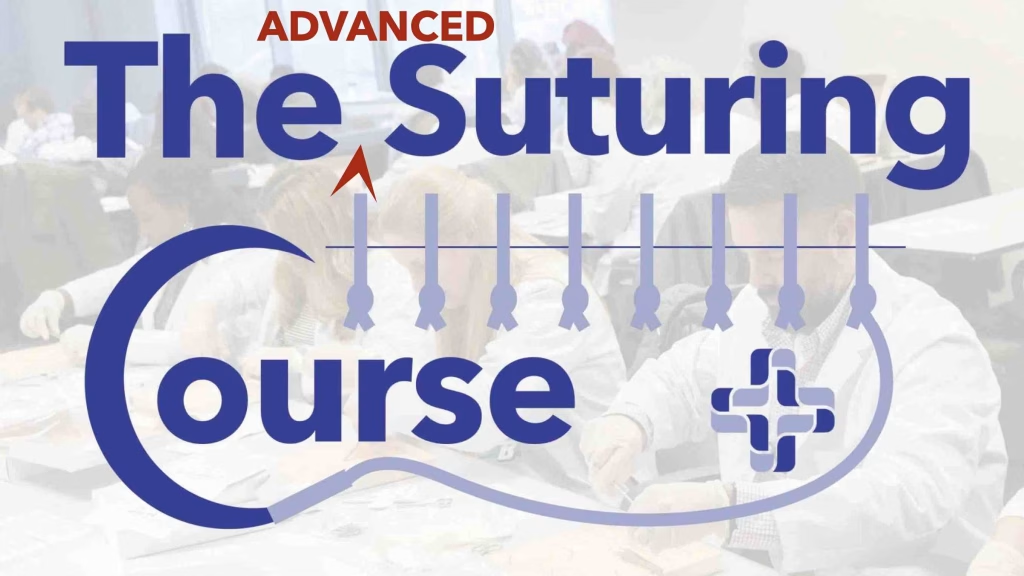
Introduction to Suturing
- Needle Types
- Suture Types
- How to select the correct suture
- Basic Laceration repair approaches
- How to load a needle driver
- Basic knot tying
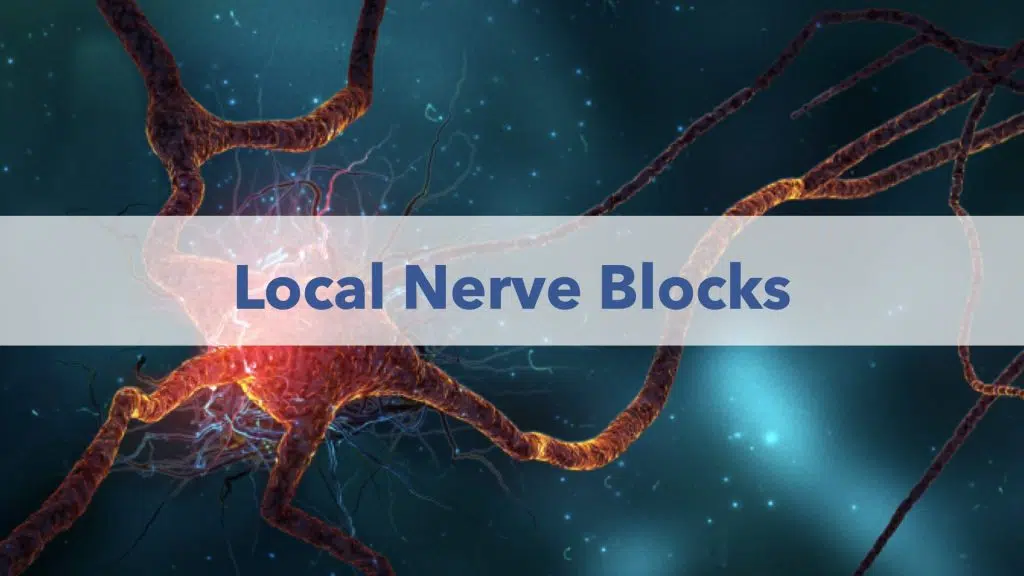
Local Anesthesia and Regional Blocking
- Approaches to local wound anesthesia
- Nerve blocks of the head, face, mouth, hand, foot, and extremities
- Pharmacology of anesthetic agents

Hands-On Suture and Procedure Training
- All HANDS-ON
- Interrupted Sutures
- Running Sutures
- Vertical and Horizontal Mattress Sutures
- Buried knot and multi-layer closure
- Staples
- Abscess Incision and Drainage
- Cyst Removal
- Nail Trephination
- NOTE: Basic knot tying is a prerequisite for this workshop. If you are unsure of your ability to perform basic sutures, we strongly suggest completing our basic suture training course prior to this program. We won’t slow down the workshop if you are not able to tie a knot!

Eyelid, Periorbital, and Facial Lacerations
- All HANDS-ON
- Learn common approaches
- Identification of dangerous lacerations
- Closure of eyelid, puncta, and surrounding eye structures

Finger, Nail, and Nail bed Lacerations
- All HANDS-ON
- Fingernail stabilization and nail removal
- Nail Bed Injuries
- Open tuft fracture repair and flap management

Lips, Tongue, and Chin Lacerations
- All HANDS-ON
- Suture Selection and preparation
- Lip closure
- Tongue Laceration Management

Nose and Philtrum Lacerations
- All HANDS-ON
- Nares repair
- Septal Hematoma Drainage
- Philtrum repair

Ear Lacerations
- All HANDS-ON
- Lobule repair
- Tragus, helix and antihelix repair
- Cartilage repair
- Retroauricular repair

Free Laceration Repair
- All HANDS-ON
- Practice your own complicated lacerations with our expert instructors
- Program Wrap up no later than 5pm
Day 3 Morning
8:00 am
Introduction to Radiology – Chest and Abdomen
- Overview of Radiograph Interpretation
- Chest, Shoulder, Clavicle Radiographs
- Systemic Reading Process
- Abnormal Radiographs
- Radiographic Signs of Major Diseases
- Suggested treatment guidelines based on findings
- Radiographic Signs of High Impact Injuries
- Foreign body ingestion, aspiration, and insertion
- Pediatric foreign body aspiration and management
Cervical Spine Injuries
- Long Board and Collar Removal
- NEXUS Criteria
- Unstable Fractures
- Mechanisms of Common Fractures
- Immobilization
- Ordering the Correct Studies
- Correct Consult and Referral
Thoracic and Lumbar Spine Injuries
- Spine form and function
- Mechanisms of Injury
- Unstable Fractures
- Mechanisms of Common Fractures
- Cauda Equina Syndrome
- Epidural Abscess
- Ordering the Correct Studies
- Correct Consult and Referral
Upper Extremity Injuries and Radiology
- Speaking Orthopedics
- Common Patterns of Fractures
- Common Dislocation and Reduction Techniques
- Splinting Techniques and Compartment Syndrome
- Clavicle, Shoulder, Humerus, Elbow, Radius. Ulna. Paired fractures, Wrist and Carpal Bones, Hand
- When to Consult Orthopedics
- When to Consider Transfer/EMS
- What to send home
Lower Extremity Injuries and Radiology
- Common Patterns of Fractures
- Common Dislocation and Reduction Techniques
- Splinting Techniques and Compartment Syndrome
- Pelvis, Hip, Femur, Knee, Tibia, Fibula, and Foot
- Amputations
- When to Consult Orthopedics
- When to Consider Transfer/EMS
- What to send home
A combination of up-to-date didactics and hands-on training.
This program includes a combination of LIVE and INTERACTIVE didactic sessions and HANDS-ON Procedure training on high quality simulators. Group participation is encouraged and – WE MAKE IT FUN! Procedures tie together concepts and techniques taught in the didactic sessions.
Airway training with common, standard laryngoscope and video laryngoscope equipment.
We make It easy for you! Small group and individual skills practice and coaching is included.
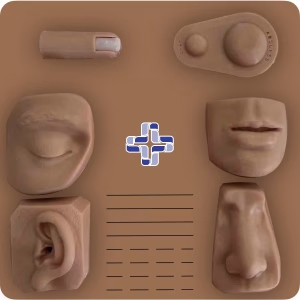
Workshop includes training with our custom simulator, which you can take home and re-use!
All attendees receive a high quality suture simulator (with all instruments and suture materials), tote bag, pen, and online access to our clinical toolkit
Access to our Clinical Toolkit
Enjoy a full year of FREE access to The Clinical Toolkit – a multimedia online reference library for common conditions you should know, along with all of the videos and slides for this program. This subscription will renew annually after your first year, and you can opt out of renewals at any time.
Informal Instruction and Engaging Faculty.
Dress comfortably and leave your anxiety at the door! Our engaging staff are experts at all of our topics and ready to share their experience with you!
About our CME Credits
We are accredited to provide CME credits for nurse practitioners (NP’s), physicians (MD/DO/MBBS/etc), and physician associates (PA’s). CME is interchangeable for up to 33 Nurse Practitioner continuing education (CE) hours, and also includes 20.5 emergency procedure hours and 4.5 pharmacology hours. Anyone completing our programs may claim CME credits!

“This airway course was clear, practical, and confidence-building. It gave me the tools I can use right away in airway management. I highly recommend this for anyone looking to improve their airway skills“
-Latasha Anderson, APRN August 2025
“Simplified, Straightforward, Excellent!“
-Khaled Shammout, MD, Critical Care Medicine August 2025
“If you’re looking for a strong refresher on ED/acute care pathophys, diagnostic tools, workup and treatment plan this is the course you should take.”
– Ailene Berry, PA-C
Who can attend?
NP’s, PA’s, Physicians, and Residents of all experience levels (and students too!). We use a small group format with individual attention.
What if I have little experience?
We specialize in teaching ALL skill levels – we will teach you step-by-step and give you focus as needed. We GUARANTEE you will leave with more confidence and a stronger skill set!
What's Included?
3-Day Advanced and Difficult Airway, Suturing, and Radiology Workshop
What's Included in the workshop-
The 1-Day Advanced and Difficult Airway Workshop $1095
-
The 1-Day Advanced Suturing Workshop $1195
-
The 1-Day Radiology Workshop $1095
-
1 year access to all videos and slides $2585
-
1 year access to the Clinical Toolkit $150
-
Suture Simulator, Instruments and Tote Bag $170
-
TOTAL VALUE: $6290
All supplies, CME/CE credit, lunch both days, 1-year of FREE online access to our clinical toolkit*, and recorded lectures and slides for this course are available for your review. An optional certification is included and available to give to your employer.
Cancellation policy?
Refunds are tiered based on the program start date. No refunds within 30 days. $250 processing/rescheduling fee.


